30 March marks the end of the most blessed time of the year, as Muslims call the month of Ramadan. This year it started on 1 March, and the most important obligation Muslims have during this 30-day period is to refrain from food, drink and temptation from dawn until sundown which helps them become better people, more compassionate and spiritually elevated.
It is believed that Ramadan is the leader of all other months of the year. On its first day an iftar dinner is given by the president of Bulgaria – the start to this tradition was given by President Petar Stoyanov (1997-2002) and it has come to be established over time as a unique endeavour, focusing on respect for others and good neighbourhood. 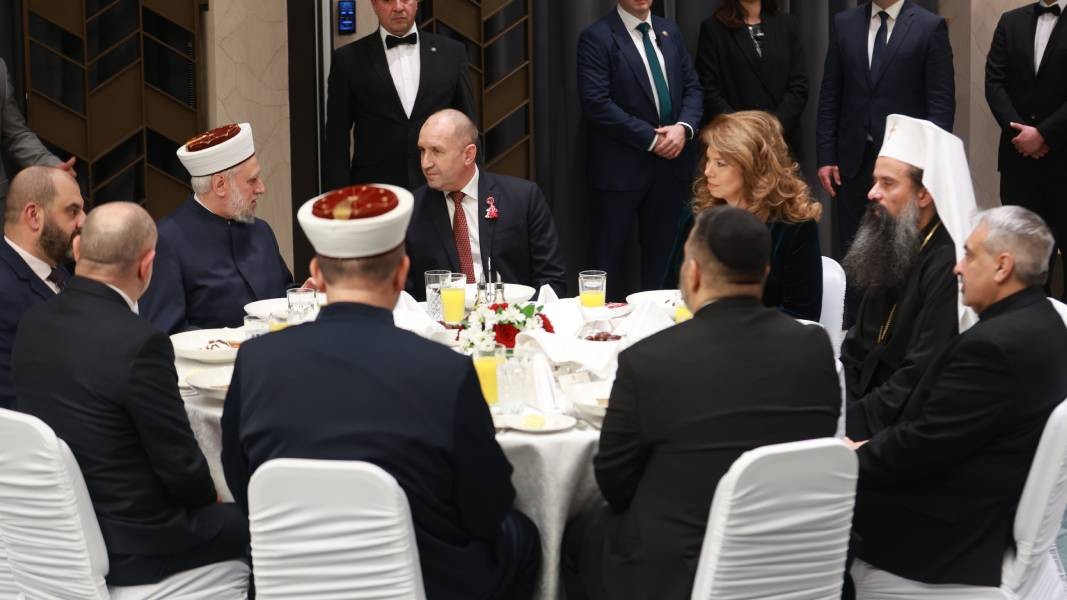
“This year, once again, President Rumen Radev invited the Muslim community, but also all leaders of the religious communities on the first night of iftar, and we, from Radio Bulgaria’s Turkish language service, were very pleased to have been among the guests. And as the president said in his speech – in these difficult times this is an example of tolerance. That was how the month of Ramadan began,” says Sevkiye Cakır from Radio Bulgaria’s Turkish language service.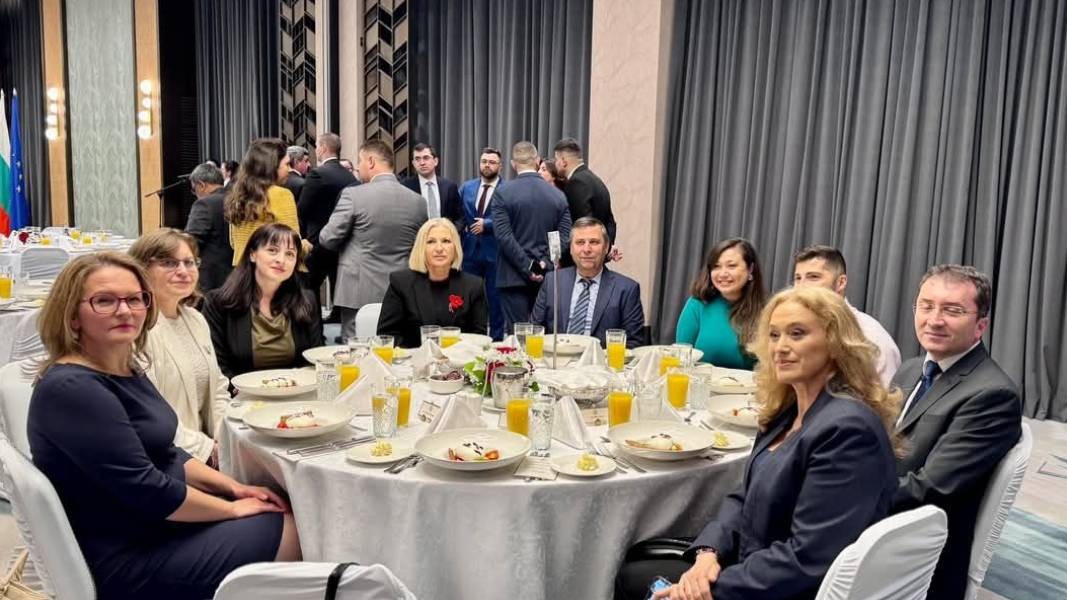
The role of the iftar dinner is to bring people together at one table, whatever their religion or beliefs, with charity coming to the fore. Dinners like this, to which near and dear ones are invited, and people from the community who are in need, are given throughout the month of Ramadan by Muslims who are able to, and who are grateful for what they have earned through the year – starting with the Grand Mufti’s Office, and ending with wealthier families in towns and villages. “The role of the iftar dinner is to bring together the people in need, to unite the community. 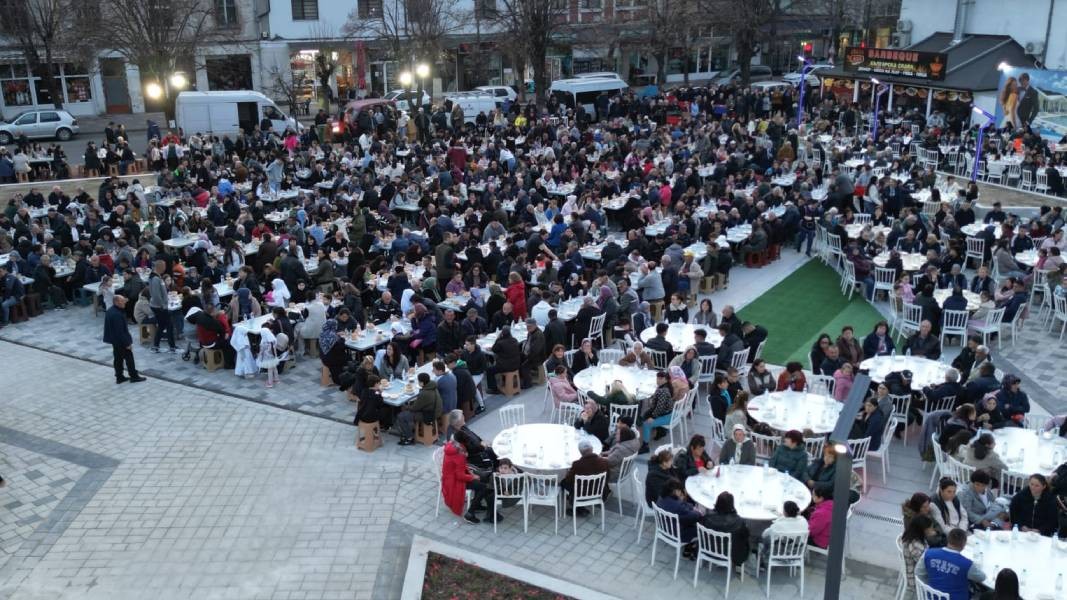
For example, a few days ago the biggest iftar dinner was held in Momchilgrad – bringing together 3,000 people outdoors. No invitations are sent out, an announcement is made there will be such a dinner and everyone is welcome to attend,” says Sevkiye Cakır.
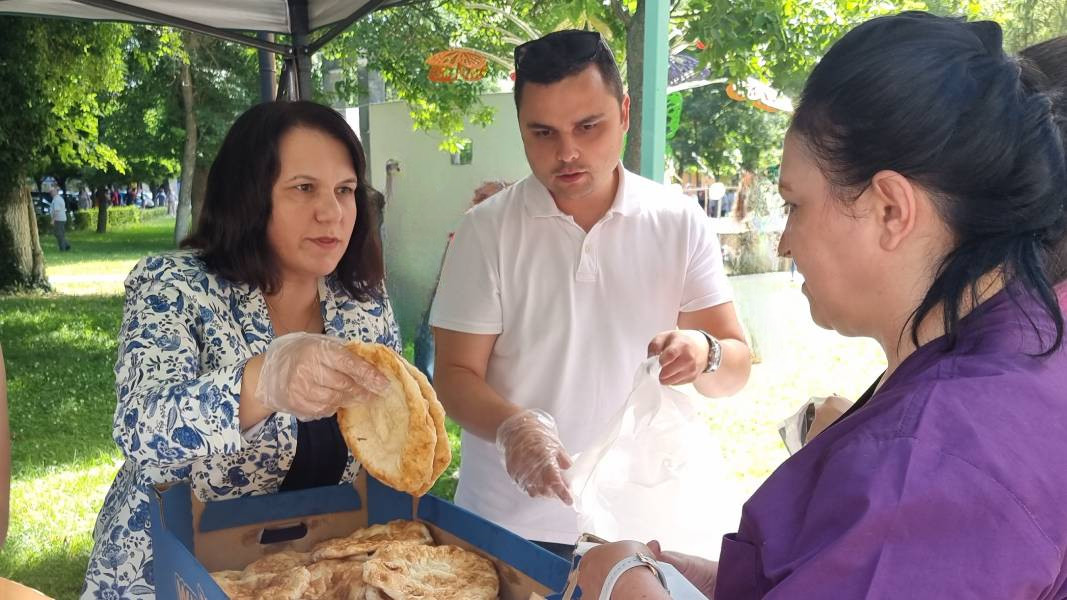
The feast of Ramadan Bayram is preceded by the day Arife on which the friends and relatives we have lost are mentioned. “It resembles the Christian All Souls’ Day. Families prepare the dough to make mekitsas which they hand out to neighbours, acquaintances, and passersby. Before Bayram the cemeteries are tended to – both Muslim and Christian.”
Ramadan Bayram is a time when the young visit with their parents and older relatives to kiss their hand and pay their respects. The eagerly awaited feast day is welcomed in many Muslim homes in Bulgaria with a certain sense of sadness: 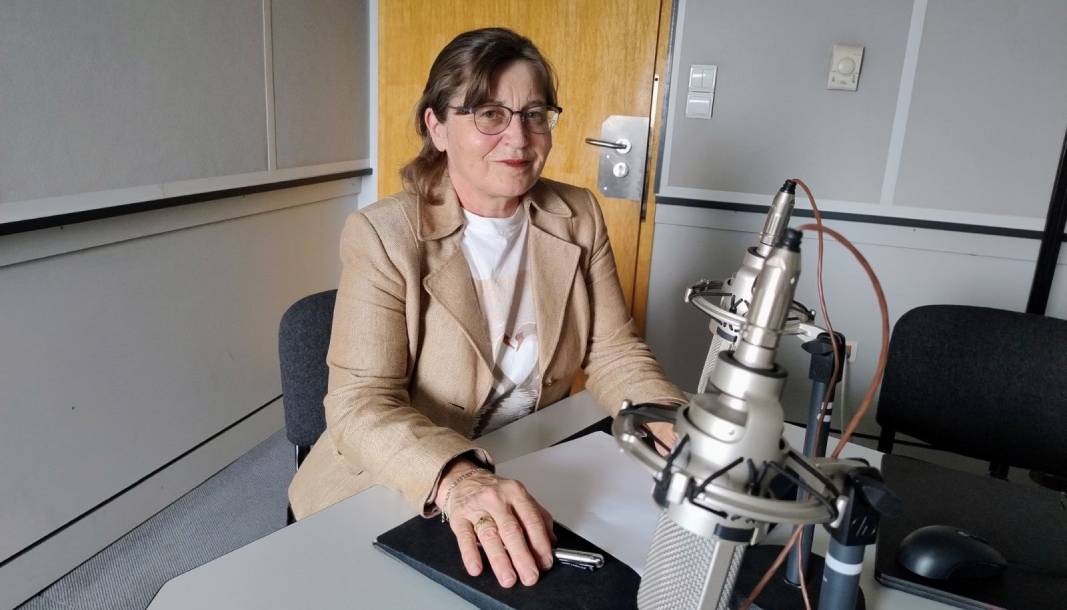
“The situation in Bulgaria is such that the young people are gone, especially in the villages – they are abroad, earning money, and they can only come back in summer, for a vacation, and one more year the table is left empty. The elderly parents, of course, sit and wait for someone to come knocking at their door… There is joy but there is sadness too, and that is something that is reflected in Radio Bulgaria’s programmes in Turkish. There is no person, or letter, or telephone call without the words “My children are in England, Germany, France, I love them, once again I am sending them my blessing and my love, but they are not here”. That is the saddest thing, and I share in the sorrow of all Bulgarian citizens because that is the destiny of our country – that the young are away. That is how things are in the villages – so many people waiting for someone to come to kiss their hand - because the most important thing on Bayram is that the young kiss the hand of their elderly parents, ask for their forgiveness and stand by them.”
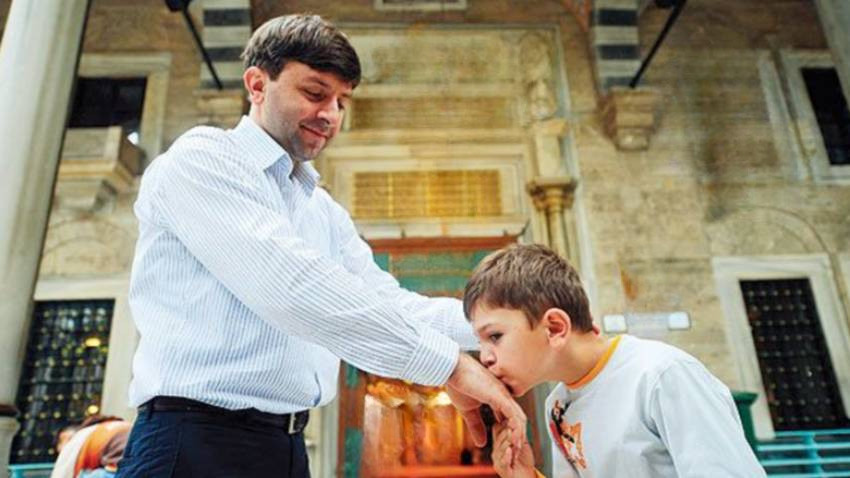
Life, they say, is a string of Ramadans – for some it will be the first, for others the last, that is the circle of life. Our time on this Earth is invaluable, so let us use it to do good, to show compassion for the problems of others, of society, as ordained by this day.
Happy Ramadan to all Muslims in Bulgaria and around the world! May there be health in every home, may the joys and good deeds multiply!
More:
Translated and posted by Milena Daynova
Photos courtesy of Sevkiye Cakır, BGNES, BTA, BNR, Momchilgrad municipality, archive
On that day the Saviour hosted the traditional Passover meal for the Jewish people at the home of a Jerusalemite. Before the meal, as a sign of respect, He washed the apostles' feet and said, "I did not come to be served, but to serve". At the table,..
The attack in the "St. Nedelya" cathedral on April 16, 1925 is the deadliest terrorist act in the history of Bulgaria. It took place on Maundy Thursday and in terms of its brutality and premeditation, it has no analogue. During Holy..
On the day of Holy Wednesday, one of the last events before the saving sufferings for humanity of the Son of God is remembered. In her sincere repentance, a sinner managed to enter the house where Christ was staying and, wishing to testify to her..
The attack in the "St. Nedelya" cathedral on April 16, 1925 is the deadliest terrorist act in the history of Bulgaria. It took place on..
On the day of Holy Wednesday, one of the last events before the saving sufferings for humanity of the Son of God is remembered. In her sincere..
On that day the Saviour hosted the traditional Passover meal for the Jewish people at the home of a Jerusalemite. Before the meal, as a sign of respect, He..

+359 2 9336 661
